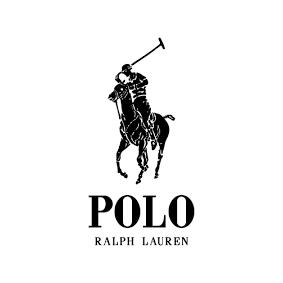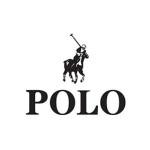
POLO by Ralph Lauren jeopardized in South Africa

The great success of Ralph Lauren trademark began in 1967, when its founder decided to open a tie company and follow his American dream. Shortly after, man clothes were conceived, and four years later, the first mixed shop appears.
The “Polo” trademark, oriented for a man segment, has won a costly victory in the South Africa’s Supreme Court of Appeal and will continue to benefit from the protection of its trademarks registered more than 45 years ago in this territory.
Although the rights were maintained, it is possible that South Africans may be buying the wrong version of the “Polo” trademark sold in their country. According to three Court judges present in the case, the relevant public could easily be misled and, deceptively buy the brand that does not belong to Ralph Lauren House.


The fact is that both brands use remarkably similar signs, distinguished only by the horse position. In Ralph Lauren’s case it faces to the left, while in the company’s Polo South Africa’s, the horse faces the right.
However, a minority of two judges agreed with a previous decision by the Supreme Court, stating that the misleading between both trademarks is a reason why the South African trademark should be revoked.
Polo South Africa’s owner, LA Brands, has appealed to the Supreme Court of Appeal to reverse this High Court decision, in what has proved to be an uphill struggle.
In May 2018, the LA group claimed that its national trademark “POLO SPORTS” was being infringed by the United States Polo Association, the US organization responsible for the sport, which sells clothing, but these products are only a “part of the sport”.
Faced with these accusations, the representative of the South African Sports Association, Stable Brands, did not give up and started a battle to cancel the trademarks registered by Ralph Lauren that would be infringed.
This dispute has brought the relationship between Polo South Africa company and Ralph Lauren into the spotlight.
Under an agreement established between both applicants in the 1980s, the Ralph Lauren company would only be allowed to sell cosmetics and perfumes under the “POLO” trademark in South Africa, and would therefore not be in conflict with the national trademark, which designated clothing, although their signs were quite similar.
However, very little is known about this agreement, according to the Supreme Court of Appeal, despite 2.064 pages of court records. "What we do know is that because of the political climate in this country, as an American company, Ralph Lauren would have been under a number of financial, political and legislative constraints that precluded expansion into South Africa."
The two minority judges were also not impressed by the extent of claims perpetrated by the trademarks registered by the LA Brands during the court hearings, saying that its allegation requested, in short, a monopoly on a concept, namely “polo sport”, which would be contrary to the industrial property law.
However, a majority of three judges stated that the High Court committed several mistakes when decided to cancel 46 trademarks, the oldest one registered in 1976, including when it considered the word “polo” in its broadest sense. Despite that, by analyzing the case in more detail, the word can refer to a sport or to a type of clothing and, for this reason, the way LA Brands company uses the “Polo South Africa” trademark allows it to be distinctive enough to be a valid trademark.
In that sense, the dispute between both companies will most likely remain in the South African territory, as well as eventually in the Court in new trademark registration cases.





